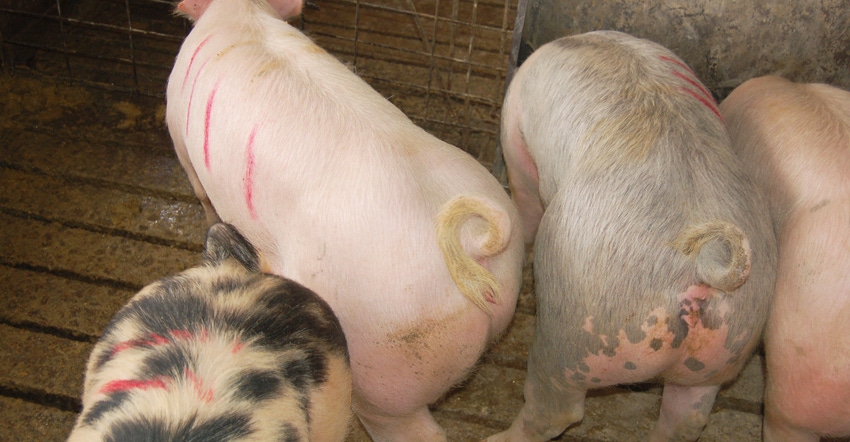
The news Dow AgroSciences had been waiting months to hear finally came just a few weeks ago. The Ministry of Agriculture of the People’s Republic of China approved import of grain produced from Enlist corn. As a result, Dow immediately announced it would launch Enlist corn in the U.S. for 2018.
The company had hoped to launch in 2017, but the approval didn’t come in time. Some Enlist corn is being grown this year, but only under stewardship programs where the company could ensure the grain would not get into commercial grain channels.
Enlist is the trait that confers tolerance for 2,4-D. The version of 2,4-D Dow sells for Enlist corn is light-years improved from the original 2,4-D product. Work in the lab led to discoveries that dramatically reduce volatility and minimize the ability of 2,4-D to move onto nontarget crops.
Chinese approval of the trait so corn could be exported to that country was the missing link needed to allow for the full launch of the Enlist weed control system and Enlist Duo for Enlist corn.
High-oleic soybeans
Monsanto’s Vistive Gold high-oleic acid soybean made news during development. If you haven’t heard about it for a bit, it’s because this trait was also awaiting approval from China. David Lowe, head of the Indiana Soybean Alliance, was quick to comment once the Chinese Ministry of Agriculture said it would approve imports of this soybean a few weeks ago. This Midwest soybean farmer believes high-oleic acid soybeans with a differentiated nutritional profile will be a big player in the future.
Israel technology connection
A young farm boy who grew up in poverty in Israel recently returned to Jerusalem, this time as part of the prestigious ROI Summit. It’s a gathering of more than 150 young innovators from around the world.
Why should you care? In between living in poverty in Israel and returning to a conference there as a promising innovator decades later, Yogev Moyal co-founded AGrow Ventures in the U.S. The California-based fund connects farmers to entrepreneurs. Moyal believes AGV can bridge the gap between innovative, technology-driven products and the realities of U.S. agriculture. His goal is to help companies boost their growth in the U.S. market. Learn more at agrowventures.com.
Precision behind the scenes
Tomorrow’s innovations will likely come from strategic partnerships and acquisitions made today. Trimble, a company you likely know a lot about, recently acquired Muller-Elektronik, a company you likely have never heard of. It’s a German company specializing in implement controls and precision farming solutions. The company is known in Europe for developing solutions for ag vehicles and implements that reach the market both as aftermarket products and through original equipment manufacturer (OEM) companies.
Why are Trimble representatives excited about this acquisition? The German company specializes in producing ISOBUS terminals, vehicle controllers, implement controllers and other ISOBUS applications for tractors, combines, sprayers and more. This type of technology could enhance what Trimble already does in an industry caught up in making equipment applications as computer-controlled as possible.
Livestock feed breakthrough
Swine producers have been waiting a long time for the next breakthrough feed additive since phytase. DuPont believes it has found it, and is now selling the additive as Syncra SWI. It delivers what the company calls “an adaptive and consistent protease and probiotic solution for grower and finisher pigs.” Translated, it’s a multistrain probiotic that works in conjunction with protease to deliver unique energy and amino acid digestibility for pigs. In 75% of Syncra SWI trials, the feed conversion ratio improved by more than 3%.
About the Author(s)
You May Also Like




